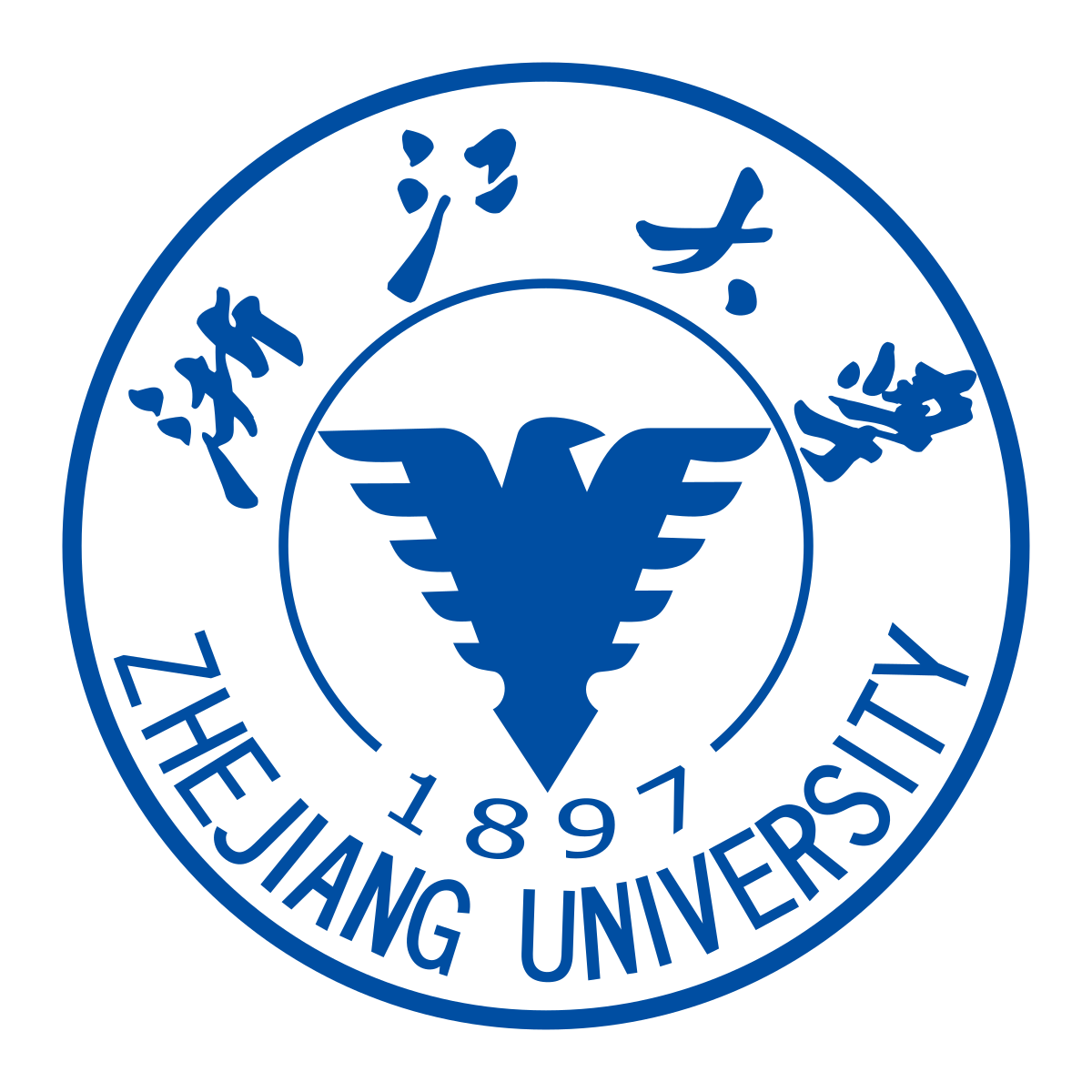Zhejiang University: An exploration for lung cancer diagnosis and treatment
Lung cancer is one of the leading cancer types for human mortality. Even though different medical interventions, such as chemotherapy, radiotherapy and immunotherapy, have contributed to lung cancer treatment in a great deal, the lack of an early diagnosis leads to poor prognosis and low overall survival rate. Less than 20% of patients survive to 5 years after diagnosis. Standard lung cancer screening methods employing computerized tomography (CT) examination encounter the challenge of distinguishing early-stage lung carcinoma from benign nodules. Hence, it is of great significance to develop effective platforms for the early diagnosis and treatment of lung cancer.
The research team led by Prof. WANG Ben from Institute of Translational Medicine, Zhejiang University School of Medicine has created a new nano-transformational concept of tumor iron mineralization in situ for tumor theranostics. Their research findings were published in the journal ACS Nano on December 1, demonstrating that tumor iron mineralization can be effectively induced via Prussian blue/calcium peroxide nanocomposites as a precursor.
The iron-based mineralized sediment at the tumor site can act as a contrast agent, allowing for the enhancement of tumor diagnosis by CT, US, and MR imaging. In addition, the resultant Prussian blue/calcium peroxide nanoformulation is able to produce ROS and mediate overloading of iron in the mitochondria of tumor cells, which results in mitochondrial dysfunction and death of tumor cells via a complementary ferroptosis/apoptosis mechanism, i.e., could further benefit tumor inhibition during the diagnosis process. Together with the satisfactory biocompatibility of HC, experimental evidence from the in vivo studies exhibits the excellent performance of HC in inhibition of metastasis of early-stage lung cancer with acceptable safety.
As a result, this study provides a new outlook for the selective iron biomineralization for tumor diagnosis and treatment, rendering the nano-transformational system in vivo as a promising anticancer strategy with great clinical importance.
“Our research will enrich the strategy of early cancer diagnosis and treatment and be valuable for distinguishing early-stage lung carcinoma from benign nodules,” said Prof. Wang.

